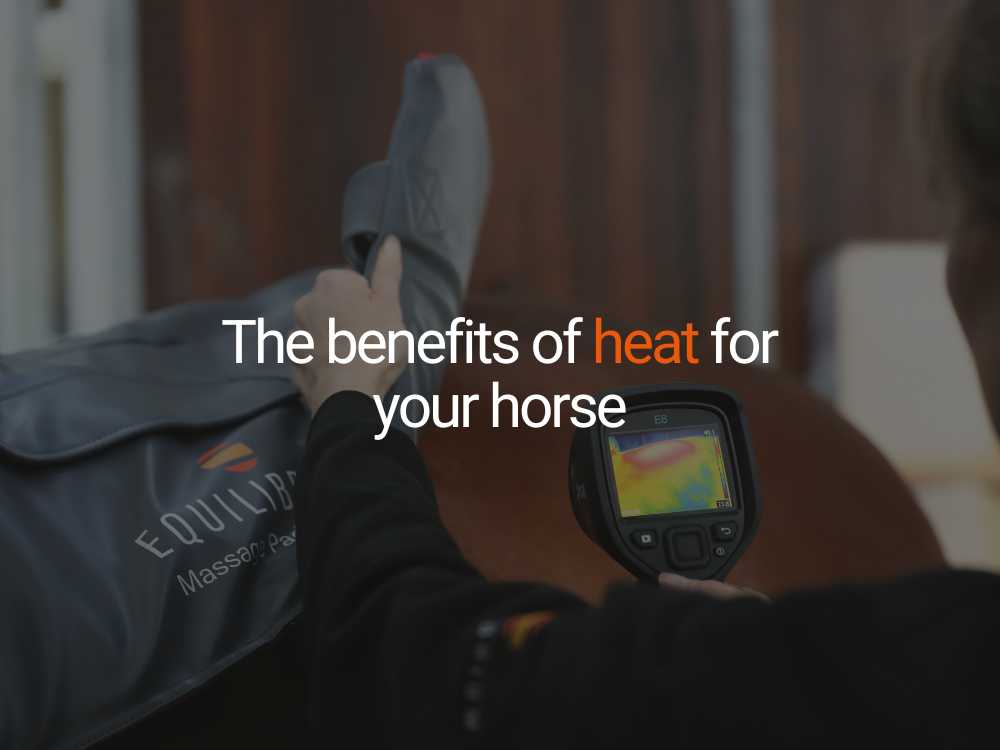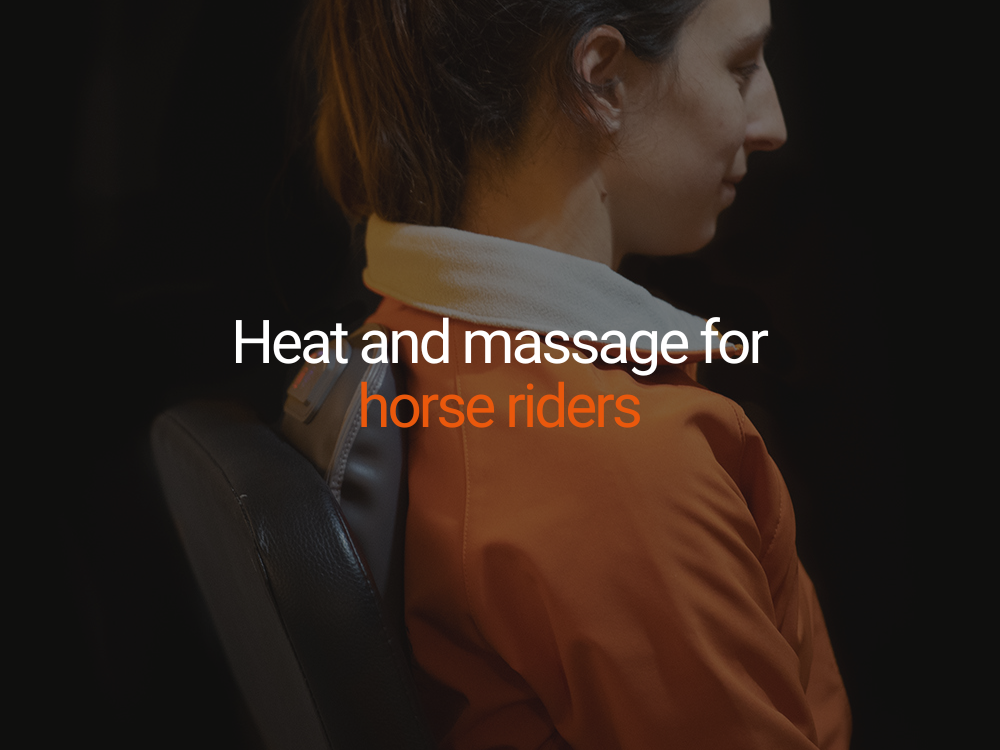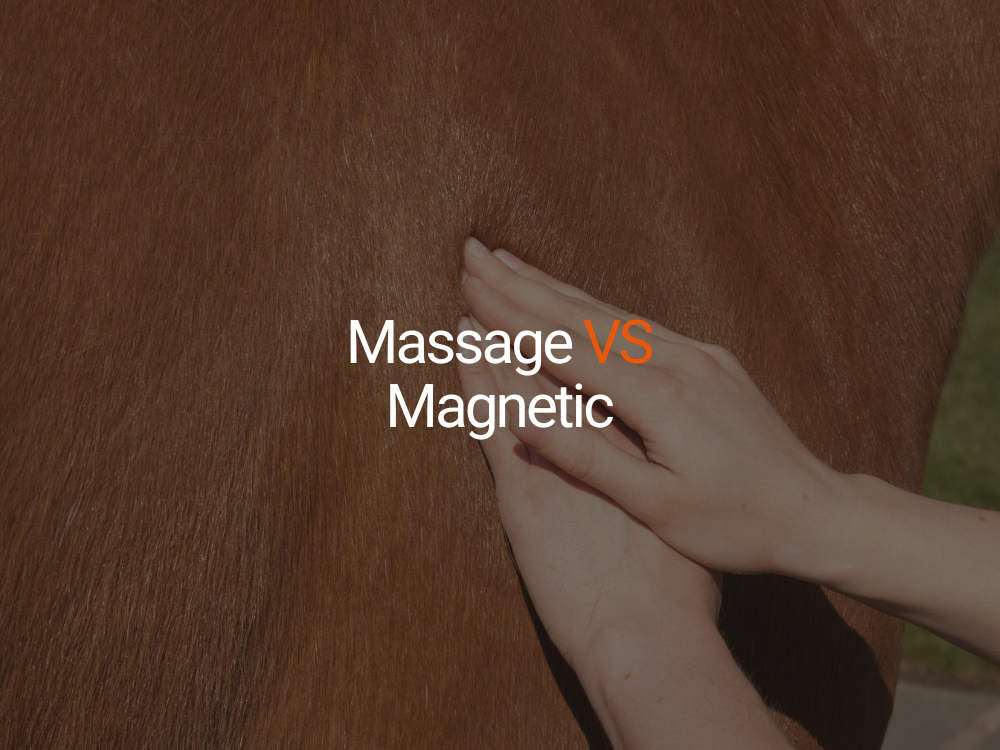Massage therapy isn’t just a luxury for humans; horses too can experience incredible benefits, including one that often surprises owners and riders — falling asleep during a session! Here’s a closer look at why massage has this effect and the physiological changes that create such deep relaxation.
1. Stress Relief Through Endorphin Release
One of the most well-documented benefits of massage is its ability to reduce stress. During a massage, the horse’s body releases endorphins, often referred to as the body’s natural “feel-good” hormones. These chemicals are produced by the pituitary gland and are designed to promote relaxation and suppress stress hormones like cortisol and adrenaline.
This biochemical shift not only helps the horse feel calm but also has a direct impact on their pain levels. Endorphins act as natural analgesics, meaning they reduce the perception of pain. As pain decreases, the horse naturally enters a more relaxed state — paving the way for the drowsiness or sleepiness you might observe during a massage.

2. Improved Circulation and Cardiovascular Relaxation
Massage therapy encourages better blood flow and circulation throughout the horse’s body. This increase in circulation leads to more efficient oxygen delivery and waste removal in muscles, which reduces tension and promotes healing.
Interestingly, endorphin release also contributes to a reduction in blood pressure, which signals the cardiovascular system to operate more efficiently. As a result, the heart doesn’t need to work as hard, leading to a lowered heart rate. You might notice your horse beginning to take longer, deeper breaths, which is a strong indicator of relaxation. The combination of reduced blood pressure, slower breathing, and a calmer heart rate creates the ideal conditions for sleep.
3. The Role of Heart Rate Monitoring
A horse’s heart rate is a key parameter to measure when assessing their response to stress, relaxation, or any physical intervention. During a massage, a noticeable drop in heart rate is often observed. This is a clear sign that the horse is transitioning into a deeply relaxed state. Paired with the rhythmic, soothing movements of the massage itself, this physiological calm often culminates in the horse dozing off. Did you know, in independent testing, the Equilibrium Massage Pad showed a significant reduction in heart rate in horses wearing the pad?
Conclusion
Massage is a powerful tool for equine care, offering benefits that go far beyond muscle relief. From lowering stress hormones to enhancing circulation and supporting cardiovascular health, the therapeutic effects of massage can significantly improve a horse’s physical and mental state. If your horse falls asleep during a session, it’s a clear sign they’re experiencing the ultimate relaxation — and reaping all the rewards that come with it.
Adding regular massage to your horse’s care routine could be the key to keeping them happy, healthy, and stress-free.



